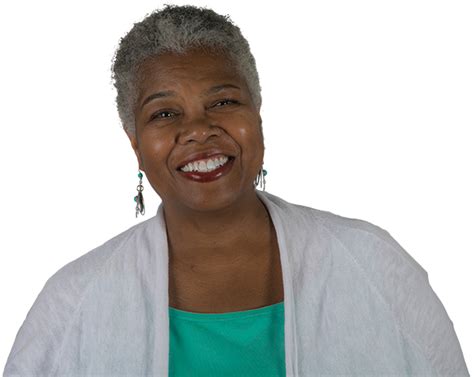A Quote by Emma Walton Hamilton
I think that children who read are better writers, and children who tell stories appreciate books.
Related Quotes
Kids not only need to read a lot but they need lots of books they can read right at their fingertips.They also need access to books that entice them, attract them to reading. Schools...can make it easy and unrisky for children to take books home for the evening or weekend by worrying less about losing books to children and more about losing children to illiteracy.
I wish that the adults who are 'in power' cared more about what their children read. Books are incredibly powerful when we are young - the books I read as a child have stayed with me my entire life - and yet, the people who write about books, for the most part, completely ignore children's literature.
I don't change the language for children books. I don't make the language simpler. I use words that they might have to look up in the dictionary. The books are shorter, but there's just not that much difference other than that to be honest. And the funny thing is, I have adult writer friends [to whom I would say], "Would you think of writing a children's book?" and they go, "No, God, I wouldn't know how." They're quite intimidated by the concept of it. And when I say to children's books writers, would they write an adult book, they say no because they think they're too good for it.
I believe that if a child has a feel for writing and wants to write, there is an audience. Children should just dive in and go at it. I would encourage children to write about themselves and things that are happening to them. It is a lot easier and they know the subject better if they use something out of their everyday lives as an inspiration. Read stories, listen to stories, to develop an understanding of what stories are all about.



































